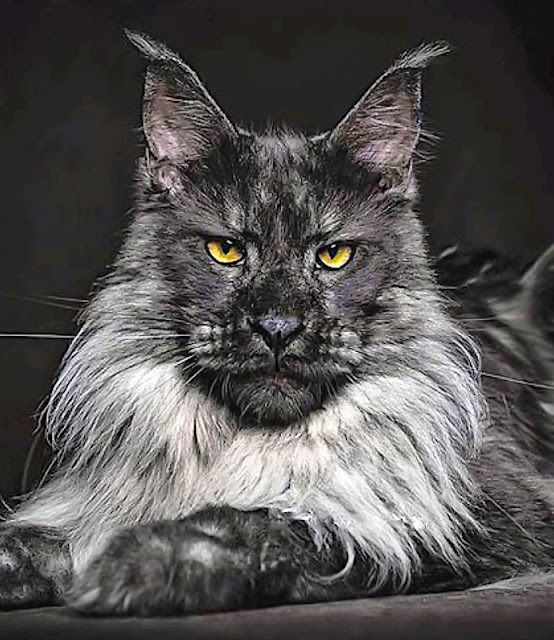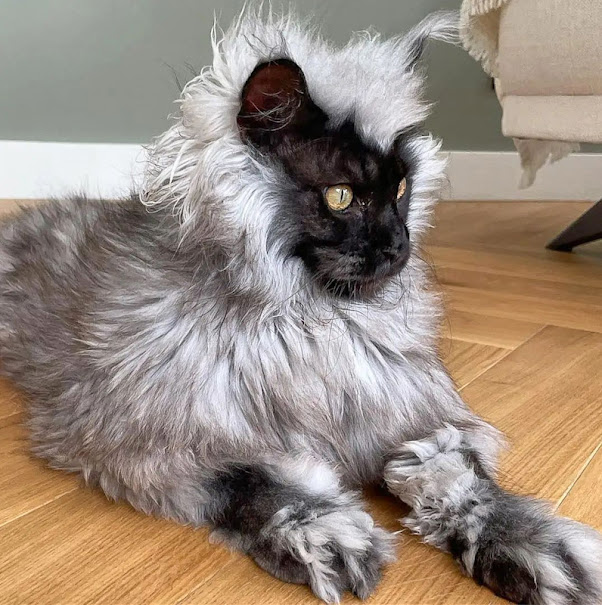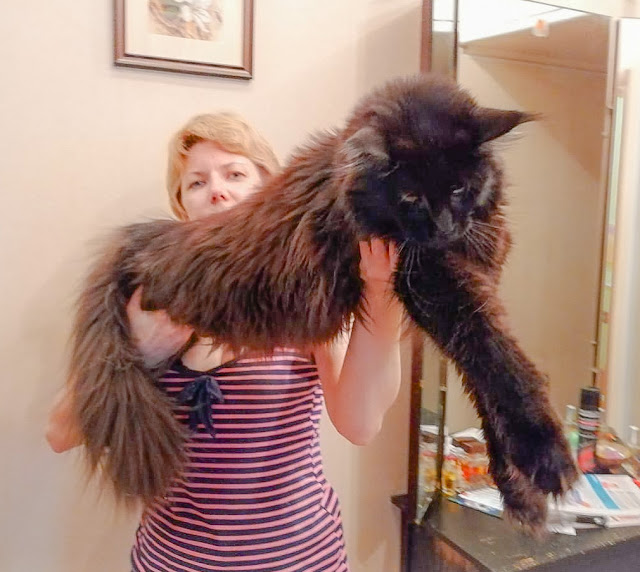Read this before giving Librela or Solensia to Maine Coons with hip dysplasia
Both of Librela and Solensia are solutions for injection to be given subcutaneously (under the skin) for cats or dogs. They are used to alleviate pain caused by arthritis.
However, a business concerned with canine rehab and hydrotherapy say that pain relief and supplements for dogs suffering from hip dysplasia can be given Librela which is injected into the mouth. The drug is effective in reducing pain caused by hip dysplasia.
Arthritis and hip dysplasia are similar in that they both affect the joint and both can and do cause pain depending on their severity.
Maine Coons are well-known to suffer from hip dysplasia. The Maine Coon is synonymous with hip dysplasia (HD).
Now for the last piece in the jigsaw. Another website (Yahoo Finance) tells us that the manufacturer of Librela and another similar drug Solensia may cause adverse effects and even pet deaths.
Health regulators in the US and Europe have received thousands of reports of side effects. Some vets are 'refining the use' of these drugs.
As a result the share value of the manufacturer, Zoetis, has plummeted to a 52-week low.
Conclusion: these drugs which can used to ease pain caused by HD have sicked dogs and therefore it is very likely that they will sicken cats including Maine Coons.
My advice: ask your vet about the use of these drugs and don't let your vet use them to ease the pain that your Maine Coon is suffering from until you are satisfied that they are safe.
-------------











I found your site by the clever photo. Librela (dogs)/Solensia (cats) should be used only as a last resort when everything else has been used and the only other choice is euthanasia. If the pet has not been diagnosed with OA then it shouldnt be given.. Any other health or neurological issues .. it shouldnt be given. This is not a wonder drug with no side effects as it was told to us.. It works by shutting down the NGF (Nerve Growth Factor). It can not be targeted to specific places in the body, such as the hip. It shuts down NGF wherever it wants, the brain, digestive system, eyes, ears, and more. Recent studies have found that NGF is vital to pancreas health.
ReplyDeletePeople with Alzheimer's Disease are found to have diminished levels of NGF.
Some studies where NGF was increased in patients they regained memory, hearing, and vision. These are still very early stage findings.. but anything that can shut down your pets immune system, digestive, brain function, and more should be given with extreme care.
Watching our beloved Munchkin suffer with confusion, thirst, panting, pacing, anxiety, instantly deaf, and dementia was devastating. If I can spare one person and their pet that pain I will keep sharing our story. It has been 5 months post shot.. Munchkin has regained hearing on one side. she has zero directional hearing. Much of the thirst, anxiety, and dementia is gone. She is 80% herself most days. We are grateful that she is still with us.
**Note- Tanezumab, Pfizer's NGF OA treatment for humans, has been rejected due to safety concerns, lack of benefit over placebo, and worsening of OA, yet it was approved for animal use. something to consider.
Firstly, I apologise for not responding to your comment much earlier. I don't write for this website anymore because I ran out of things to say which is why I did not pick up your comment. Secondly, thank you for an excellent comment. Most useful. And thirdly, I'm terribly sorry to hear your story. It really is a difficult story to read because I know how much you suffered. One has a very strong connection with one's companion cat and when inadvertently one harms one's cat it's very difficult to bear. I presume that your veterinarian lead you down that path and if so, I think that they should be heavily criticised. Thanks once again
Delete